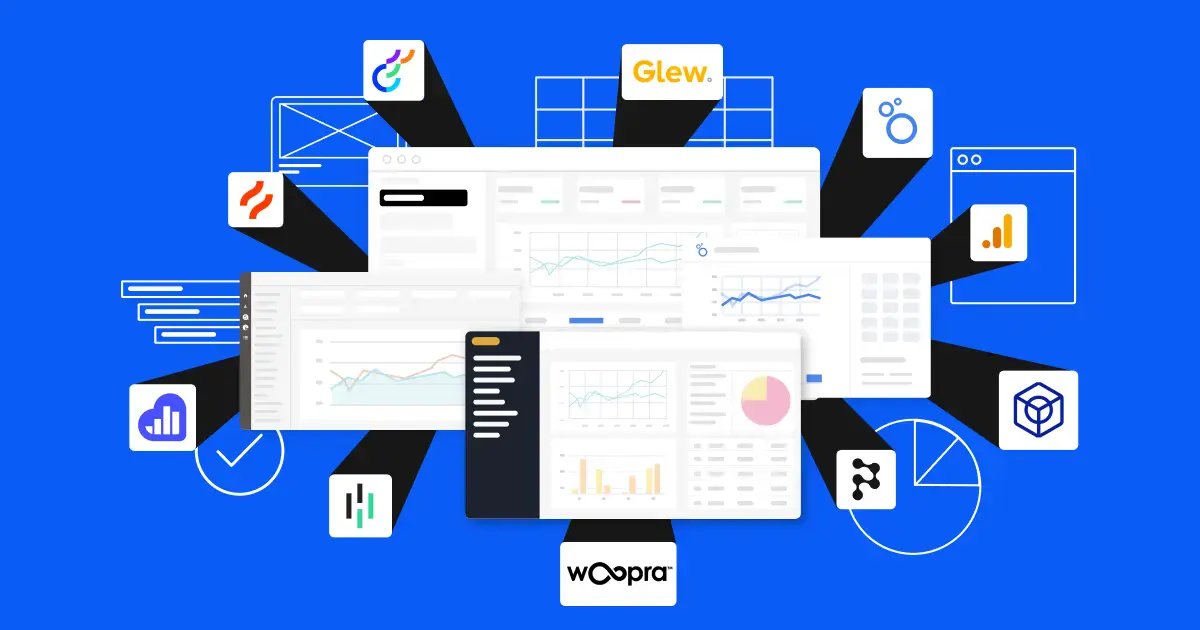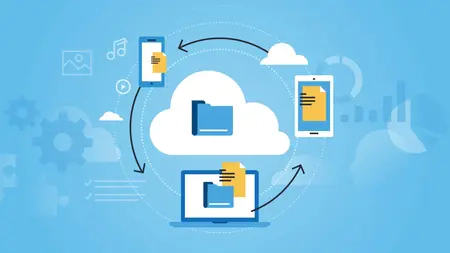
What Is E-Commerce Data Analytics Software?
E-commerce data analytics software is a powerful tool designed to collect, process, and analyze data from your online store. It helps business owners track key metrics, understand customer behavior, monitor sales performance, and make informed decisions to boost profitability. With ecommerce data analytics tools, you can leverage the wealth of data generated by your website to optimize marketing campaigns, improve user experiences, and enhance product offerings.
Key Benefits of E-Commerce Data Analytics Software:
- Real-time insights into sales performance and customer behavior.
- Enhanced decision-making with data-driven strategies.
- Optimized marketing efforts by tracking customer interactions and conversions.
- Improved customer retention through personalized experiences.
Key Features of the Best E-Commerce Data Analytics Software
1. Advanced Reporting and Dashboards
Leading ecommerce analytics software solutions offer customizable dashboards and real-time reporting that allow you to visualize data clearly. This makes it easy to track sales, monitor website traffic, and assess product performance without the need for complicated spreadsheets.
2. Customer Behavior Tracking
Understanding customer behavior is essential for success in e-commerce. Top-tier data analytics software lets you track actions like browsing patterns, abandoned carts, and purchase history. With this data, you can segment your audience and deliver personalized marketing campaigns that convert.
3. Sales Funnel Analytics
With sales funnel analytics, you can track each stage of the customer journey—from initial website visit to purchase. Ecommerce analytics software identifies bottlenecks where customers drop off and helps you optimize the checkout process to increase conversions.
4. Product Performance Analytics
Monitoring the performance of each product is crucial for inventory management and sales optimization. E-commerce data analytics software gives you detailed insights into which products are performing best, which are underperforming, and the reasons behind the trends.
Why You Need E-Commerce Data Analytics Software in 2025
In 2025, the landscape of e-commerce continues to evolve rapidly. Here’s why you need ecommerce data analytics software:
1. Improve Customer Insights
With more competition online, understanding your customers' needs, preferences, and buying behaviors is key to staying ahead. Ecommerce analytics software offers insights into customer demographics, purchasing trends, and online habits, helping you tailor your offerings.
2. Optimize Marketing Campaigns
Data analytics enables you to assess the success of your marketing campaigns. With precise tracking of metrics such as customer acquisition cost (CAC), lifetime value (LTV), and return on investment (ROI), you can optimize your advertising spend and target the right audience.
3. Boost Conversion Rates
Understanding where customers abandon their shopping carts or lose interest during the checkout process allows you to optimize your conversion funnel. Ecommerce data analytics helps you identify issues in the user experience and implement changes that increase conversions.
4. Enhance Operational Efficiency
By analyzing inventory levels, sales forecasts, and supplier data, ecommerce analytics software helps you improve supply chain management. This leads to better product availability, fewer stockouts, and more efficient inventory management.
Top E-Commerce Data Analytics Software for 2025
Here are some of the leading ecommerce analytics tools you should consider for your business:
| Software | Key Features | Best For | Pricing |
|---|---|---|---|
| Google Analytics 4 | User behavior tracking, event tracking, dashboards | Businesses of all sizes | Free / Premium version |
| Kissmetrics | Advanced cohort analysis, behavioral tracking | Retention and conversion optimization | Starts at $299/month |
| Shopify Analytics | Sales reporting, customer insights, inventory management | Shopify store owners | Included in Shopify plans |
| BigCommerce Analytics | Detailed sales insights, custom reporting | BigCommerce store owners | Starts at $29.95/month |
| Hotjar | Heatmaps, session recordings, feedback tools | Improving UX and CRO | Starts at $39/month |
Chart: Top E-Commerce Data Analytics Software Features Comparison
| Software | Real-time Reporting | Customer Tracking | Sales Funnel Analytics | Behavioral Analytics |
|---|---|---|---|---|
| Google Analytics 4 | Yes | Yes | Yes | Yes |
| Kissmetrics | Yes | Yes | Yes | Yes |
| Shopify Analytics | Yes | Yes | Yes | Limited |
| BigCommerce Analytics | Yes | Yes | Yes | Yes |
| Hotjar | No | Yes | Yes | Yes |
How to Choose the Best E-Commerce Data Analytics Software for Your Business
Choosing the right ecommerce data analytics software depends on several factors:
1. Consider Your Business Size and Needs
Small businesses may not need as advanced analytics as large enterprises. Google Analytics 4 offers a free version ideal for smaller stores, while larger stores may benefit from premium options like Kissmetrics or BigCommerce Analytics.
2. Integration with Existing Tools
Ensure the analytics software integrates seamlessly with your e-commerce platform (such as Shopify, WooCommerce, or BigCommerce). The best software should provide easy integration with your current setup to streamline data collection.
3. Ease of Use
Choose a tool that provides intuitive reporting and analytics. Your team should be able to navigate the platform easily and extract actionable insights without technical expertise.
4. Customer Support
Having reliable customer support is crucial. Opt for ecommerce analytics software providers that offer dedicated support through various channels, including phone, chat, and email.
Conclusion
In the fast-paced world of e-commerce, data is power. Using the right ecommerce data analytics software can help you unlock valuable insights, improve decision-making, and stay ahead of the competition. By analyzing key metrics such as customer behavior, sales performance, and conversion rates, you can optimize your marketing strategies, improve customer experiences, and ultimately increase your profits.
Take the time to explore and choose the best ecommerce analytics software for your business. Whether you're just starting out or running an established online store, the right tool will provide you with the insights you need to grow and succeed in 2025 and beyond.



